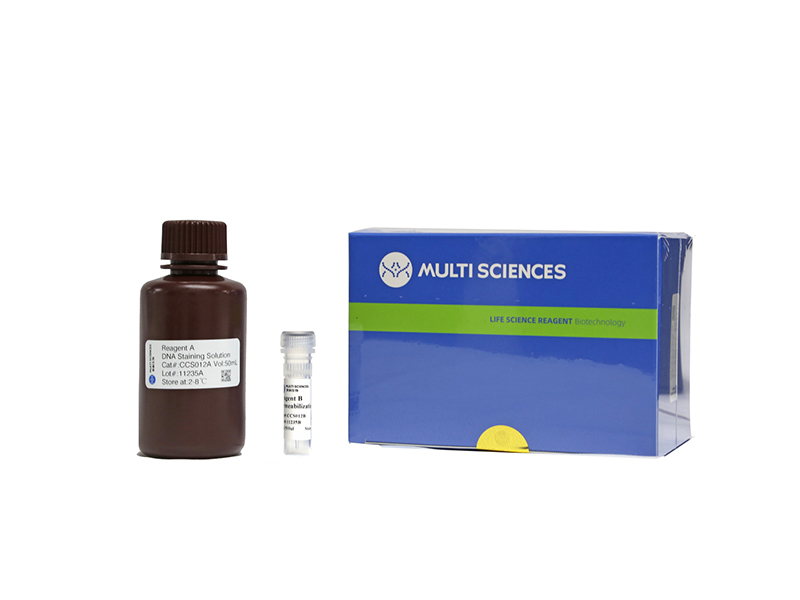Glioma is a malignant tumor for which new therapies are needed. Growing evidence has demonstrated that microRNAs (miRNAs) have a major effect on glioma development. Here, we aimed to characterize a novel anti-cancer miRNA, miR-625, by investigating its expression, function, and mechanism of action in glioma progression. The expression of miR-625 and its target mRNA in human glioma tissues and cell lines was assessed by real-time PCR, western blotting, and immunohistochemistry. Functional significance was assessed by examining cell cycle progression, proliferation, apoptosis, and chemosensitivity to temozolomide in vitro, and by examining growth of subcutaneous glioblastoma in a mouse model in vivo. We found that miR-625 expression was significantly lower in human glioma samples and cell lines than in normal brain tissue and human astrocytes. Furthermore, miR-625 overexpression not only suppressed glioma cell proliferation in culture and in the tumor xenograft model but also induced cell cycle arrest and apoptosis. AKT2 was identified as a direct miR-625 target in glioma cell lines, and AKT2 overexpression reversed the suppressive effects of miR-625 in the cell lines and the tumor xenograft model. Finally, we found that the sensitivity of glioma cells to temozolomide was increased by miR-625 overexpression, and this was reversed by concomitant AKT2 expression. In conclusion, our findings suggest that the miR-625-AKT2 axis could be a new prognostic marker and diagnostic target for gliomas.
文章引用产品
-
-
- CCS012
- 周期试剂盒
Cell Cycle Staining Kit 细胞周期检测试剂盒
-
¥390.00
-
- CCS012
- 周期试剂盒
Cell Cycle Staining Kit 细胞周期检测试剂盒
- ¥390.00



